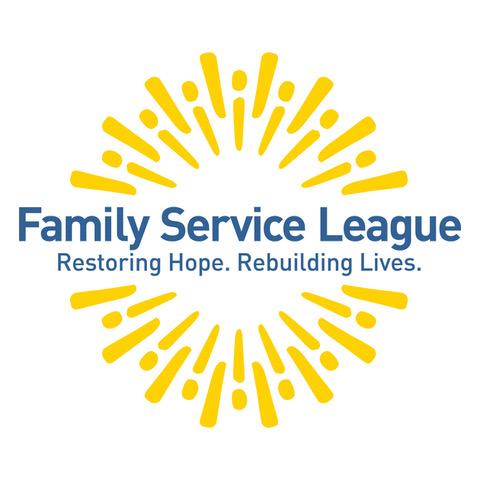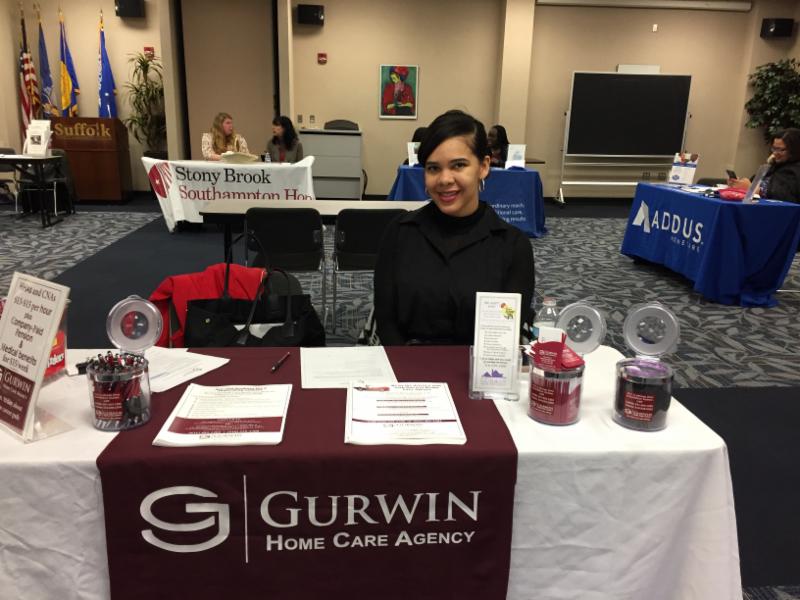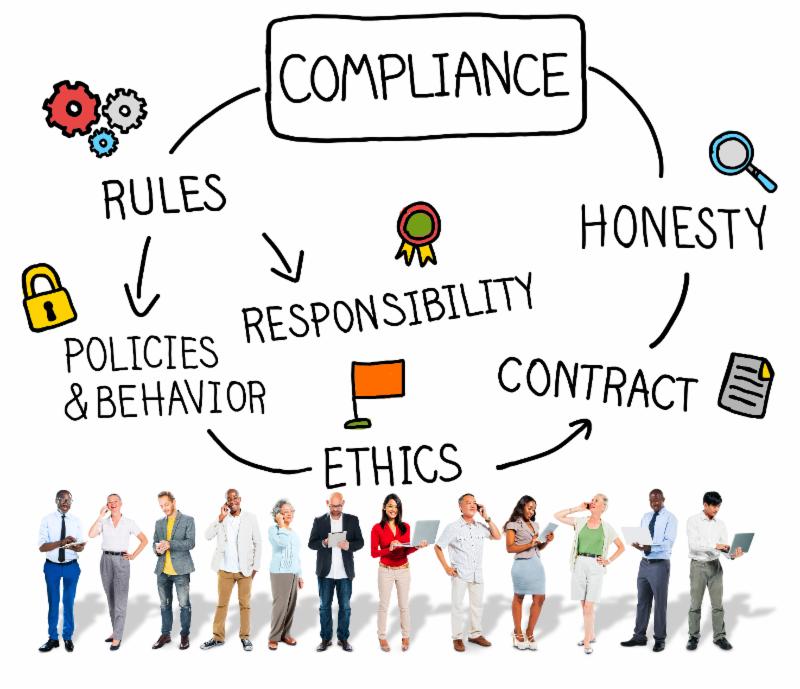|
|
|
|
 |
|
Welcome to Synergy
We are pleased to present the forty-seventh issue of Synergy, a newsletter about the progress and processes of the Suffolk Care Collaborative (SCC).
The definition of synergy is the increased effectiveness that results when two or more entities work together. We are confident that the combined efforts of the many dedicated partners within the SCC will help the Collaborative reach its goals, leading to improved health for the residents of Suffolk County.
About Suffolk Care Collaborative (SCC): SCC is an alliance of healthcare providers in Suffolk County, Long Island, NY, formed to support New York State's Delivery System Reform Incentive Payment (DSRIP) initiative. Under the guidance and leadership of Stony Brook Medicine, SCC established a Population Health Management Service Organization to improve county-wide health by addressing a wide range of challenges to health in order to improve outcomes by encouraging wellness, making healthcare more accessible and reducing costs by decreasing unnecessary hospital utilization. For more information, visit our website:
www.suffolkcare.org.
|
|
|
|
|
|
|
Save the Date for SCC's Project Advisory
Committee Meeting
|
Thursday, June 27, 2019
Registration 8:30 am
Program 9:00 am to 12:00 pm
|
Hilton Garden Inn - Stony Brook
1 Circle Road
Stony Brook, NY
|
|
Family Service League's DASH Program and Crisis Services
By Jeffrey Steigman, Psy.D., Chief Administrative Officer, Family Service League
 It has been a little over two months since the opening of the DASH (Diagnostic, Assessment and Stabilization Hub) program. As expected, due to the extensive planning, collaboration and fact that this represents a new and alternative level of care, utilization of the crisis stabilization program has been significant and steadily increasing. This is also the case for the 24/7 crisis telephone hotline and mobile crisis services (currently 8 am-12 midnight, 7 days a week). The integration of this continuum of services is evident in many ways, and feels palpable when witnessed. The teamwork between the staff and our external partners has been extraordinary and doubtlessly has led to many positive outcomes. Such outcomes include, but are not limited to the following: prevention of emergency department or inpatient hospitalizations; linkage to necessary treatment based upon evaluations performed; initiation of medication assisted treatment when an individual is eligible and motivated; and connection to temporary housing/respite.
Not unlike other settings, we have experienced an ebb and flow with regard to referrals to DASH and our related services. It tends to be slower in the morning hours, on weekends in general and if schools are on break. Other times, there may be a rush for services all at once. We not only continue to learn about such natural rhythms, but also about the situations and issues that individuals present with. While one of our goals is to prevent unnecessary hospital based visits, which we are surely meeting to a large degree, there are, of course, cases which fall into the proverbial gray area or are clearly in need of a higher level of care. Regarding the latter, such individuals are generally not brought in by the Suffolk County Police Department (SCPD), but are "walk-ins". Our continued partnership with the SCPD, and the preparation work that was done, has clearly resulted in good decisions about who is appropriate for the DASH program. Similarly, our continued partnership with Stony Brook University Hospita's CPEP program has allowed for information exchange, case review and other vital work. Our community-based behavioral health partners have been, and will continue to be, wonderful partners - whether making referrals to our crisis programs or providing aftercare appointments for treatment follow-up. This is an area where we will continue to focus on expanding the reach and breadth of our collaborative efforts. Given the technology in use, it takes time to build the necessary operational workflows and processes.
Lastly, I wanted to provide some recent data to bring to life the activity in the related programs. I am using April, 2019, as the representative benchmark since this was the first full month of operation:
April Stats
| DASH |
Number of Individuals Seen at DASH
- 39% minors (under 18)
- 61% adults
|
366 (Average 12 per day) |
Mobile Crisis
|
Total Referrals
Completed Visits |
194
101
|
Hotline
|
Number of Hotline Calls
Number of calls resulting in referral to DASH or Mobile Crisis Team |
635
275
|
|
Prevention and Screening Resources Webpage Launch
The Suffolk Care Collaborative has launched its newest addition to the Community Engagement website, the Prevention and Screening Resources page. The new webpage is a disease specific resource guide covering Breast, Colorectal and Lung Cancers and Obesity Prevention material and is designed to be used by Suffolk County community members, caregivers, families, providers and care management teams.
It features disease specific education material, screening opportunities and treatment options. The Prevention and Screening Resources page was built with content support from the Project 4bii Committee, which is comprised of various disease specific field and content experts, such as
leads from hospitals, health departments, the provider community, and community based organizations and public sector agencies
. With assistance from SCC's Cultural Competency and Health Literacy Committee, the design and resources featured on the Community Engagement Webpage are both user friendly and community facing.
Click here to visit the Community Engagement webpage to see all of the resources available to the community.
|
On April 4 and 5, 2019, Suffolk Community College, Office of Continuing Education, and SCC held a Health Care Career Fair, at the college's Brentwood and Riverhead campuses. Students and graduates were invited to hear about opportunities from various health care providers across Suffolk County, including hospitals, skilled nursing facilities, home care agencies and community based organizations.

Our goal is to continue collaborating and providing Suffolk County health care providers, community based organizations and social service organizations with a pool of individuals who have the skills to meet current and future employment needs. Thank you to Suffolk Community College for sponsoring this event and to all those who participated.
|
Stony Brook Hosts World Asthma Day Celebration
 |
|
 |
Alexandra Kranidis, Project Manager, SCC
|
On May 7, 2019, the Stony Brook Pediatric Pulmonology Department hosted a World Asthma Day Celebration at Stony Brook University Hospital. Attendees of World Asthma Day had the opportunity to visit several booths and enter to win several raffle prizes. Over 100 raffle tickets were distributed to attendees as they played educational interactive games, sat for free pulmonary function tests and device demonstrations. Booths included "Ask the Experts," where providers were on site to answer attendee questions and offer take home messages about asthma.
|
|
 |
Participants at World Asthma
Day Event |
 |
A trigger wheel game and asthma trigger information, as well as asthma medication jeopardy were hosted by Stony Brook University Hospital's LPN team and Pharmacy Department. Respiratory Therapists conducted device demonstrations and screened for adequate inhalation technique. Stony Brook Dieticians provided attendees with healthy, low allergenic snacks and recipes. Several community partners, including the Suffolk Care Collaborative, Suffolk County Public Health Nursing and Catholic Home Care were present to provide attendees with information about local self-management and home visit programs.
|
|
Featured Partner: Patricia Folan, RN, DNP, CTTS
Reprinted from NYSmokers Quitline Newsletter
In her role as director of the Center for Tobacco Control at Northwell Health, Patricia Folan, RN, DNP, CTTS, works with Long Island healthcare leaders to assure their organizations have policies and procedures for treating patients with evidence-based tobacco dependence treatments (TDT).
She and her team especially focus on
helping healthcare providers treat patients who have low socioeconomic status (LSES), suffer from substance use, and/or have mental or behavioral health disorders.
"Some healthcare providers may not know the best ways to treat patients who smoke or have the confidence to deliver effective treatment," Folan said. "Likewise, some patients report that providers encourage quitting but don't say how to do it. That's where my team and I come in. We provide education to implement policies and tools to help providers motivate their patients to quit."
Folan's team also collaborates with local Advancing Tobacco-Free Communities counterparts to help organizations create tobacco-free grounds. Additionally, they provide assistance via the Suffolk Care Collaborative (a DSRIP initiative) to institute TDT policies at behavioral health organizations.
Folan said some healthcare providers may perceive some of their patients as not wanting to quit smoking. Providing effective TDT, however, can alleviate other issues such as high blood pressure, diabetes, respiratory ailments, and additional chronic conditions.
"The New York State Smokers' Quitline is a prime example of a resource to which we link providers," she said. "Patients sometimes don't have access to local programs, so the Quitline can provide additional needed support. Oftentimes, just having extra people to talk to makes all the difference for a successful quit-attempt, and the Quit Coaches are very experienced and passionate about what they do."
|
Compliance Connection

Evaluation of Compliance Programs
In an April 30, 2019, press release, Assistant Attorney General, Criminal Division of the U.S. Department of Justice, Brian A. Benczkowski, said, "Effective compliance programs play a critical role in preventing misconduct, facilitating investigations and informing fair resolutions. Today's guidance document is part of our broader efforts in training, hiring and enforcement to help promote corporate behaviors that benefit the American public and ensure that prosecutors
evaluate the effectiveness of compliance in a rigorous and transparent manner."
This update provides guiding insights for compliance professionals and highlights three key areas to focus attention when evaluating your organization's compliance program:
- Is the program well-designed?
- Is the program effectively implemented?
- Does the compliance program actually work in practice?
The additional updates emphasizes the need to tailor corporate compliance programs to the audience and must be designed to detect the particular types of misconduct most likely to occur in your business. To read t
he full
press release click here
.
For compliance
questions or assistance, contact SCC's Compliance Office at [email protected] and visit the compliance page on our website for helpful information.
|
|
Milestone Dates
NYS DOH DSRIP Program Milestone Dates
May 30, 2019 IA completes review of PPS DY4 Fourth Quarter Report
June 14, 2019 PPS Remediation of PPS DY4 Fourth Quarter Report
June 29, 2019 IA approval of PPS DY4 Fourth Quarter Report
|
| Frequently Asked Questions
To access NYS DSRIP FAQ, click
here.
|
Access previously published Synergy eNewsletters
here.
|
Office of Population Health
Career Opportunities
The SCC is pleased to invite qualified career seekers to apply for open positions. All job descriptions for current opportunities are posted
here.
Current Job Opportunities:
- Community Health Associate
- Manager, Business Analytics
For more information, please contact the Suffolk Care Collaborative via
email
.
|
|
|
|